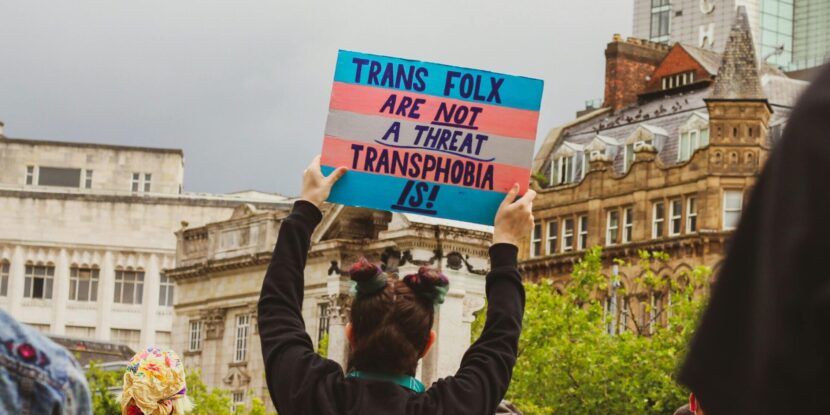The Biden government’s Drug Enforcement Administration (DEA) is planning to reduce federal restrictions on cannabis, marking a shift in the drug’s classification for the first time since the enactment of the Controlled Substances Act over 50 years ago. The reclassification, moving marijuana from Schedule I to the less stringent Schedule III, signifies acknowledgment of the drug’s potential medical benefits and a commitment to in-depth research.
The Department of Health and Human Services (HHS) issued an opinion, expected to be approved by the DEA, favoring the reclassification. Such a decision by the Department of Justice could significantly reduce the black market, stimulate legal markets, and ease tax burdens for cannabis businesses in states where the drug is legal.
The move comes after Joe Biden called for the review of marijuana’s classification in October 2022 and pardoned thousands of Americans with federal convictions for possession of the drug. Federal scientists found credible evidence that cannabis provides medical benefits with lower health risks than other controlled substances.
A Schedule III classification would place marijuana in the same category as substances such as ketamine and some anabolic steroids. The DEA’s initiative comes at a time of growing acceptance of marijuana, with 38 states already legalizing medical marijuana and 24 endorsing its recreational use. Others may soon follow suit. The Florida Supreme Court recently approved a ballot measure to legalize recreational use of marijuana.
While still under strict regulation, the move is expected to reduce the industry’s tax burden, potentially fostering growth in the $34 billion industry. However, there are potential challenges ahead. A public review period could lead to challenges or alterations to the reclassification proposal. Upon completion of the review period and the Office of Management and Budget’s evaluation, Congress will have the power to overturn the rule under the Congressional Review Act.




















